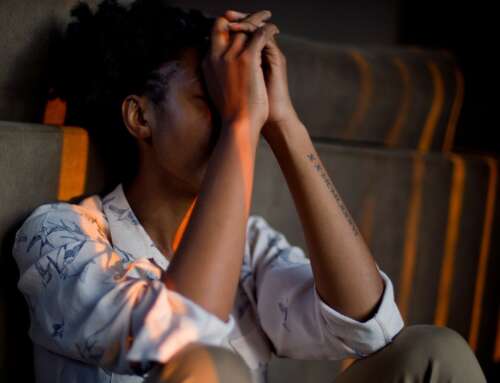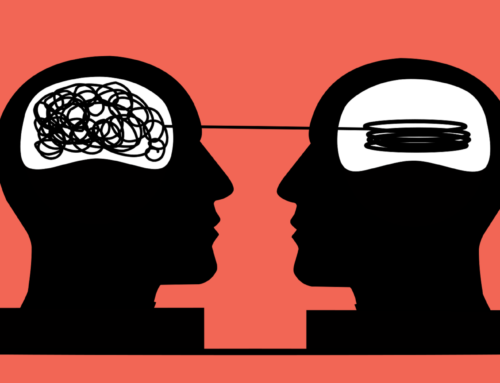Virtual reality could hold the key to unlocking an affordable, reliable and effective device to provide early diagnosis and management of schizophrenia.
A pioneering new study, led by experts from the University of Exeter in collaboration with partners from the Alterego FP7 EU project, has developed a new, ‘mirror game’ test using computer avatars to accurately detect specific variations in how patients move and interact socially – well-documented characteristics of the mental disorder.
The results of these first trials revealed that the test gave a more accurate diagnosis when compared to clinical interviews, and comparable results when compared to more expensive, traditional neuroimaging methods, the team has concluded.
They believe it could open up new, unobtrusive pathways for health professionals to diagnose and treat schizophrenia in the future. They are now looking at conducting clinical trials to confirm the effectiveness of the early detection technique, before it can be employed in clinical practices worldwide.
Schizophrenia is a psychiatric disorder that affects around one in 100 people worldwide with common symptoms such as delusions and auditory hallucinations, or hearing voices. At present, there is no single test for schizophrenia and the condition is usually diagnosed after assessment by specialists in mental health.
Read more: New ‘mirror game’ test could provide accurate an early diagnosis of schizophrenia







Leave A Comment